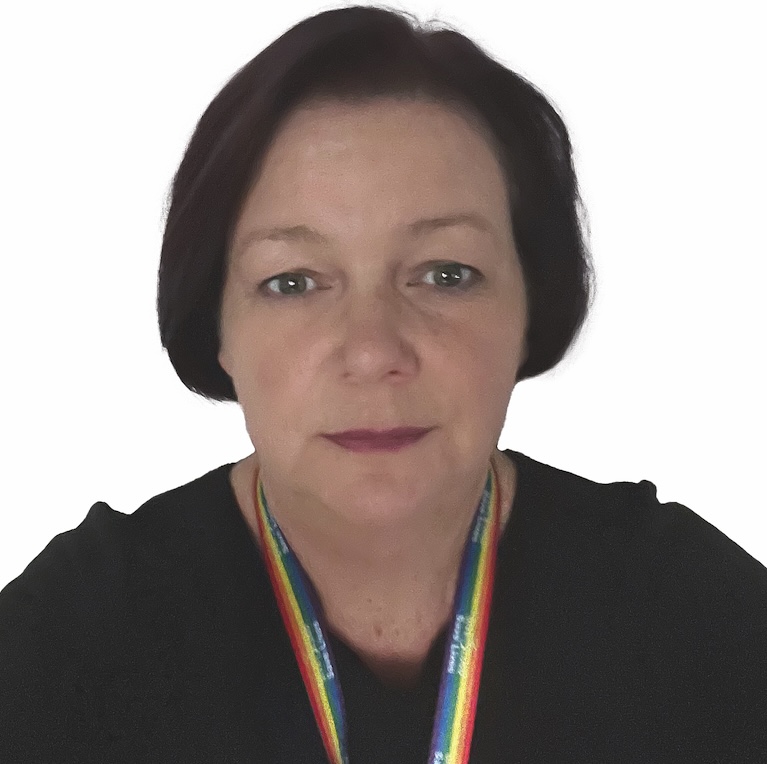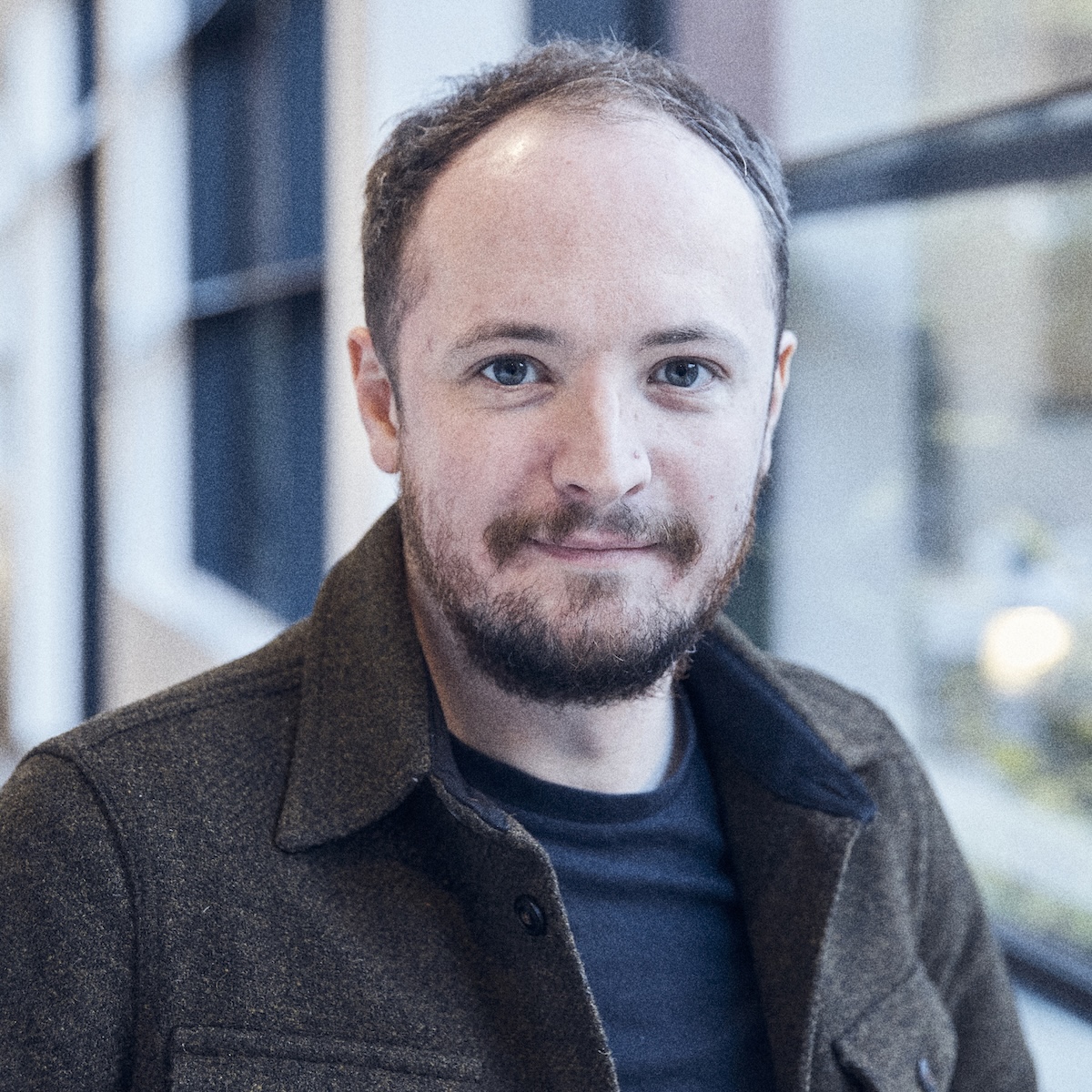If we’re not making a difference for people, what’s the point of doing it?
MEET YOUR REPS: As a manager and union rep, Rita Gupta wants to change people’s lives, not just tick boxes. She tells us about her determination to make a difference for patients and MiP members.

“My achievements and passion have always been about improving people’s mental health and wellbeing,” says Rita Gupta, MiP’s National Committee member for the West Midlands. “But as well as healthcare, it’s about all the factors, like employment, housing and food, that affect someone’s health and wellbeing.”
After many years working in mental health commissioning for the NHS, Rita has spent the last year on secondment from the Black Country Healthcare Trust to the West Midlands Combined Authority, working on Thrive Into Work, a “bespoke” service helping people with physical or mental health conditions get back into work.
“You don’t need a medical diagnosis. It could be stress, anxiety, social phobia or anything like that,” Rita explains. “You get referred into the service, and a dedicated employment specialist will help you find a tailored job. If you only want to work at Morrison’s and do 15 hours a week, they will help you.”
Rita’s main role is encouraging GPs and other primary care services to refer patients to the programme. “Referrals are through the roof and we’ve been able to expand with extra government funding,” she reports. But what really inspires her is seeing that “this is a programme for changing people’s lives.”
“I was with a client yesterday,” she continues. “He’s only 22 and he started as a care worker on Monday. He pointed to one of the employment specialists and said, ‘This lady has changed my life.’ I thought: Wow! That makes it real. We’ve got all these policies, action plans and strategies, but if we’re not making a difference on the ground, what’s the point of doing it?”
We want options for people
This enthusiasm for “engagement” and changing people’s lives has driven her career, Rita says. Back in 2008, she was part of an award-winning team at Sandwell Primary Care Trust, developing mental health services to fill the gap between GP-prescribed medication or counselling and psychiatric hospital care.
“We wanted other options for people,” Rita explains. “That was quite unique back then. Social prescribing was unheard of. Now it’s vast. It’s in the NHS Long Term Plan.”
The team didn’t develop those services “in a locked room”, she says. “We paid service users to tell us what they thought of our plans. It wasn’t just a tickbox exercise, it was really pro-active engagement and that’s something I’ve always been proud of.”
Something has changed in the NHS
Working in local government has been “a big eye-opener” says Rita. “The pace is slower. In the NHS, we were always firefighting and very target driven. I can breath now I’m not being hounded day in, day out for targets. This job is actually about a service to people.”
She feels “appreciated and valued” by her local government colleagues, despite initial scepticism about what a career NHS manager could offer. “I’ve found your skills are interchangeable and your experience is valued – I’ve sometimes felt my experience is not valued in the NHS,” she explains.
The NHS was “a lovely place to work” when she joined in 1989, but “something has changed and that’s why people are leaving,” she warns. “I think it’s the pressure — people don’t make time for each other anymore.”
Wanting to “have a voice” within her trust, Rita completed her training and became an MiP rep before being elected to the union’s National Committe in January 2022.
“I think I got a bit more respect and people saw me in a different light within the trust,” she says. “I felt a bit more powerful… and being on the committee gives me a platform to question things.”
One thing she wants to challenge is the NHS’s commitment to tackling racism and discrimination. “I’m recognising it more and more,” she says. “Maybe I was a bit oblivious to racism before, but, honestly, I never had anything like this at school or early in my career.”
Action not words
The endless stream of NHS policies, initiatives and action plans has “changed nothing in reality”, Rita says. She describes her frustration at the recent relaunch of her trust’s anti-racism strategy, a year after it was unveiled. “We need action on the ground, not just words,” she says.
Rita believes NHS leaders must be externally accountable for tackling racism. ”When I asked NHS England how they were holding people to account on this, I was told, ‘Each organisation is holding itself to account’. That’s the problem,” she says.
Rita is just as impressively determined to deliver change for MiP members as she is for patients. “I don’t want people to think it’s a waste of time being in the union,” she says. “We do listen. I’m vocal and I want make a difference.”
- If you’re interested in becoming an MiP link member or rep, contact MiP organiser, Rebecca Hall: r.hall@miphealth.org.uk.
Related News
-

Karin Jackson: “I’ve never seen people work as hard as they do in the health service”
Karin Jackson, an NHS senior executive manager and engineer, is already making a big impact as MiP’s new National Committee rep for Northern Ireland. She talks to Craig Ryan.
-

Scott Diamond: “As a paramedic, you can talk to absolutely anyone about anything!”
Scott Diamond, MiP’s National Committee rep for Scotland and a former paramedic, talks about resilience, collaboration and why managers need to make a deep connection with people. Interview by Craig Ryan.
-

Sarah Carter: “As a care home manager, you can see the difference you make to people’s lives”
MiP National Committee member Sarah Carter tells Craig Ryan about her ‘incredibly rewarding’ switch from the NHS to social care and the ‘unique and very special role’ of managing a care home.